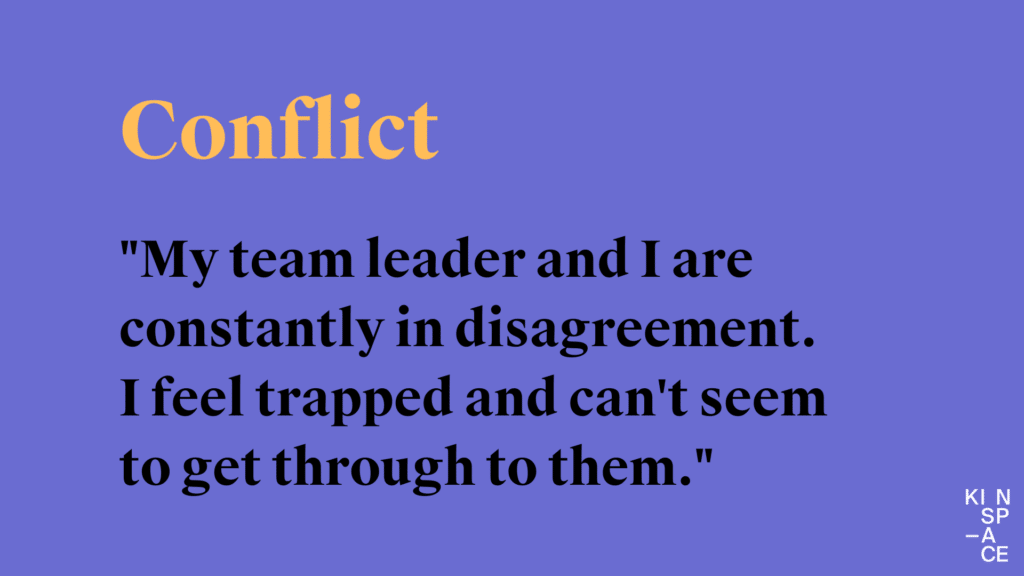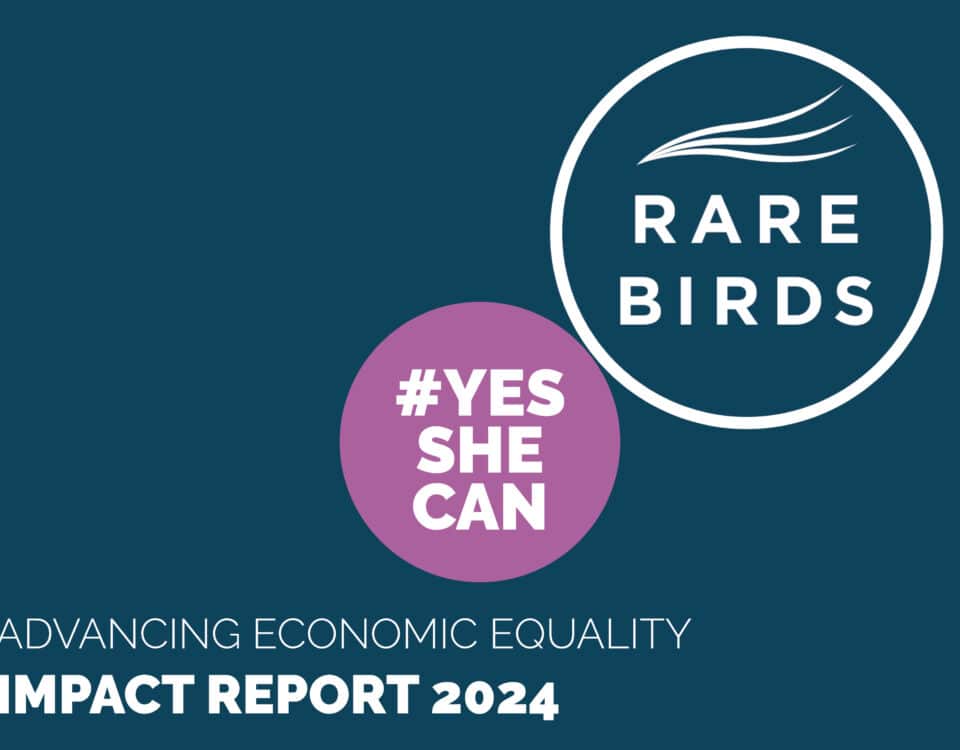SERIES INTRODUCTION: 2020 left us licking the wounds of fear, isolation, and social distancing. Following the year that stopped the world in its tracks and gave birth to the term ‘unprecedented times’, this series explores how we might shape a new normal in the workplace. Specifically rethinking how we approach power dynamics and repairing unhealthy culture and practices. Sarah Liyanage-Denney, founder of Kinspace and Rare Birds mentor shares her insights.
“Leadership is based on inspiration, not domination; on cooperation, not intimidation.”
— William Arthur Wood
Intimidation as a feeling
Have you ever experienced that uneasy feeling creep up the back of your neck?
Where your nervous system detects an imminent threat. As though someone or something is towering over you.
Well at just over five feet tall, I have experienced this a time or two in my life. And it’s not an empowering place to be.
To get a different perspective, I put this question to a close colleague of mine – who stands well over six feet – to see if he’d ever experienced a similar sense of intimidation.
His response?
He’d never really considered it.
It wasn’t until he sat in one of our Virtual Reality (VR) simulations that he was able to identify with this unnerving sensation. In his words, “this is how my wife must feel when I read over her shoulder.”
Often it takes us this personal experience to truly empathise with another.
Intimidation as a culture
In a wider context, the intimidation from ‘power over’ described above, is not only physical. It’s a type of power built on force, coercion, domination and control, and motivates largely through fear.
It’s something we still see in many workplace cultures today. At an estimated cost of between $22 billion and $47.4 billion to Australia’s economy, workplace bullying and intimidation is one of the leading causes of work-related mental stress.
Without addressing the causes that create these effects, we’ll continue to spin the wheels of ineffective policies and programs.
In our work at KINSPACE, we help workplaces thrive by transitioning from cultures of power over, to sharing power to and with, and helping individuals find it within themselves.
The outcome is the creation of spaces where people can respectfully call things as they see it without fear of push back, ridicule or dismissal.
A different conversation
In speaking with many executives and people leaders, we are seeing a shift and desire to develop Emotional Intelligence attributes within organisations.
These traits are seen as critical in developing a more empathic and compassionate style of leadership to inspire through uncertainty, effectively manage conflict, and give and receive honest and critical feedback.
A long standing advocate for people-first ideals, I previously worked in a culture of ‘power over’. On reflection I was responsible for operationally filtering down these principles to my teams.
There is a difference between inspiring high-performance and using high stakes to incentivise performance.
An inspired culture builds people and organisations of character – those who have courage to stand up for others, and themselves, and courage to reward those who do.
This requires systems in place to encourage people to be aware of unacceptable behaviors, and a safe pathway with the required tools and language to call them out.

No problem too big
“I do not fix my problems. I fix my thinking. Then problems fix themselves.”
— Louise Hay
2020 has seen many dissatisfied with the way organisations are handling economic impacts such as redundancies, change in working environments, and increased sexual harassment cases.
We’ve noticed an increase in people looking to seek out organisations and opportunities that better align with their personal values and career aspirations.
There is a tension that exists between addressing organisational systemic issues and empowering individuals to affect positive change from within.
But we can use reframing to shift the focus from avoiding problems too big to tackle, to ones where each individual can contribute to.
Instead of, How can we fix this problem? We could ask, How might I contribute to this problem?
Ultimately, people are not problems to fix, but rather contributors to developing relationships between individuals and across the organisation.
Bridging the gap; the empathy factor
In recent years, we’ve also experienced an increase in leaders who express a deeper desire to better understand and harness the diversity within their teams.
To improve their ability to relate to one another and promote a sense of belonging, creating more connected cultures for greater performance.
Applying empathic leadership is a three-tiered approach to developing relationships centred on trust.
Empathy leads to compassion; compassion with action leads to trust. We support leaders in strengthening the following empathic attributes:
● Cognitive empathy: awareness of the emotional state of another person
● Emotional empathy: engaging and sharing those emotions
● Compassionate empathy: taking appropriate action to support your people
Where to from here?
With an open mind, organisational leaders across communities can step up, increase awareness, and reshape old policies by understanding the negative implications of current practices.
Individually, we can show courage to call out bad behavior, and when faced with the situation ourselves, learn the language to clearly articulate what is going on.
If power is the ability to achieve purpose and effect change, we each have an opportunity to practice self reflection, awareness, and regulation.
It takes one person to shift the dynamic. And in that way, we all have a part to play.
BIO: Sarah Liyanage-Denney is Founder of workplace culture and behaviour change consultancy KINSPACE. For Sarah, helping people better relate to reshape power dynamics and repair culture isn’t limited to the workplace. It’s equally practiced in the home with her young family.




